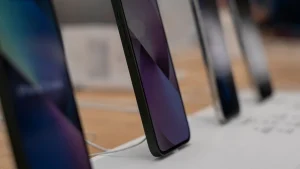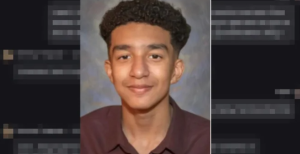Others are reading now
Sony Music Group has issued a strong warning to artificial intelligence companies, making it clear that they will not tolerate the use of their music for training AI models.
In a bold move, Sony published a “Declaration of AI Training Opt Out,” which explicitly prohibits AI developers from using its extensive catalog of musical content.
Sony has sent direct warnings to major tech companies, including OpenAI, Microsoft, and Google, along with more than 700 other AI firms. These letters demand that these companies refrain from using Sony’s music and disclose any previous usage.
Sony emphasized that while they support artists and songwriters embracing new technologies, this innovation must respect the rights and copyrights of creators.
Also read
The declaration asks AI developers to disclose how they accessed Sony artists’ works and the number of copies made of each copyrighted track.
Included in the declaration are Sony Music Publishing, Sony Music Entertainment, and their subsidiaries. The declaration bans any text or data mining, web scraping, or similar uses of musical compositions, lyrics, audio recordings, and related media for any purposes, including AI training and development.
Sony artists have often been targets of AI music enthusiasts who create similar-sounding songs using AI.
This includes well-known artists like AC/DC, Michael Jackson, Celine Dion, and Travis Scott. AI-generated knockoffs have become common on platforms like YouTube, which feature these imitations.
Interestingly, some Sony artists have experimented with AI in their work. Billy Joel used AI for his single “Turn the Lights Back On,” and Jazz drummer Nate Smith, as well as songwriters for Doja Cat and the Jonas Brothers, have also dabbled with AI. However, Sony maintains a strict stance against unauthorized use.
The music industry has been taking steps to address these concerns.
In April, Sony and other major music groups signed an agreement with the Screen Actors Guild-American Federation of Television and Radio Artists (SAG-AFTRA). This agreement limits the use of AI in replicating performers’ voices without their written consent.
High-profile artists, including Billie Eilish and Katy Perry, have joined efforts to stop unauthorized AI use of their voices, emphasizing the personal and artistic infringement it represents.
During a U.S. Senate Judiciary Committee session, British artist FKA Twigs highlighted the importance of protecting artists’ rights against AI misuse.








